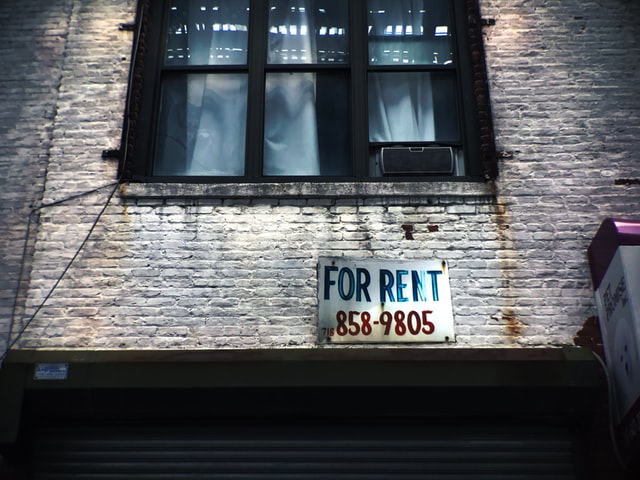Courts Put Evictions On Hold Due to COVID-19 Unemployment
Update: Pursuant to Governor Wolf’s executive order issued on May 7, 2020, the statewide suspension of eviction and foreclosure activities will last until July 10, 2020.
The global outbreak of the novel coronavirus has already had far-reaching impacts in everyday life and in the economy. Recent news has indicated that unemployment is rapidly increasing, and Secretary of the United States Treasury Steve Mnuchin has suggested that unemployment could reach as high as 20%. One obvious area of the economy where this could be felt very soon is property rental. As tenants lose their jobs, the number of people who no longer have the means to pay their rent could rise quickly.
PA Supreme Court Halts Evictions
Aware of this, courts in western Pennsylvania are taking steps to address the impending problems. The Pennsylvania Supreme Court issued an Order on March 18, 2020, stating that no evictions, ejectments or other displacements from residential properties because of failure to pay rent will be enforced through April 3, 2020, or later, subject to further orders. Although a landlord may take steps to file a request for an order of possession, those orders will not be executed until on or after April 3, 2020.
Western PA County Courts Weigh-In
Meanwhile, in our area, Allegheny County and Washington County have issued orders staying the execution of Orders for eviction or possession of residential properties within these counties. Although other local counties like Beaver, Butler, and Westmoreland have not yet specifically addressed these issues as part of their declarations of judicial emergency, a landlord will not be able to take action against a tenant for failure to pay rent in agreement with to the Order issued by the Pennsylvania Supreme Court.
Landlords Must Keep-Up With Property Maintenance
Other questions that might arise include whether a landlord must make repairs if the tenant is not paying rent. The answer to this question is yes. Landlords have a duty in Pennsylvania to provide habitable premises. This means that basics such as running water, heat, electricity, and a functioning roof must be provided. A tenant’s failure to pay rent does not excuse the landlord’s duties to provide habitable premises. Likewise, tenants must continue to abide by the terms of their lease. While many courts have stayed evictions for the time being, at some point in time, those stays will be lifted and tenants in breach of their lease could be evicted for their breaches.
Landlords concerned about the spread of the coronavirus can take additional steps, such as closing common areas of their buildings. Landlords may also be able to limit the number of guests that tenants bring into common areas. It is unclear whether a landlord can limit the number of guests who enter a tenant’s own premises, however, landlords can certainly advise their tenants to refrain from hosting parties or gatherings of more than ten people.
Section 8 Housing Authority Notices
Lastly, Section 8 Housing Authorities have some special reminders, such as:
- The Allegheny County Housing Authority (“ACHA”) stresses that rent payments are to continue to be mailed at their due date. However, they note on their website that they will work with residents whose hours are reduced due to COVID-19 upon receipt of the information to make adjustments.
- Beaver County’s Housing page notes that vacancy fulfillments may be postponed due to COVID-19 but says little else on what they plan to do.
- Most Housing Offices throughout the Western region have shut their offices, to be reopened April 1, 2020 pending further directive from local health authorities and the Governor, and contact with the office may be limited.
The attorneys at The Lynch Law Group have substantial experience representing residential and commercial landlords and tenants. Please do not hesitate to contact us if you have additional questions.
Pittsburgh Real Estate Attorneys
David C. Weber concentrates his practice on a range of complex commercial litigation matters, including construction, insurance bad faith litigation and employment issues. He can be reached at (724) 776-8000 or dweber@lynchlaw-group.com.





